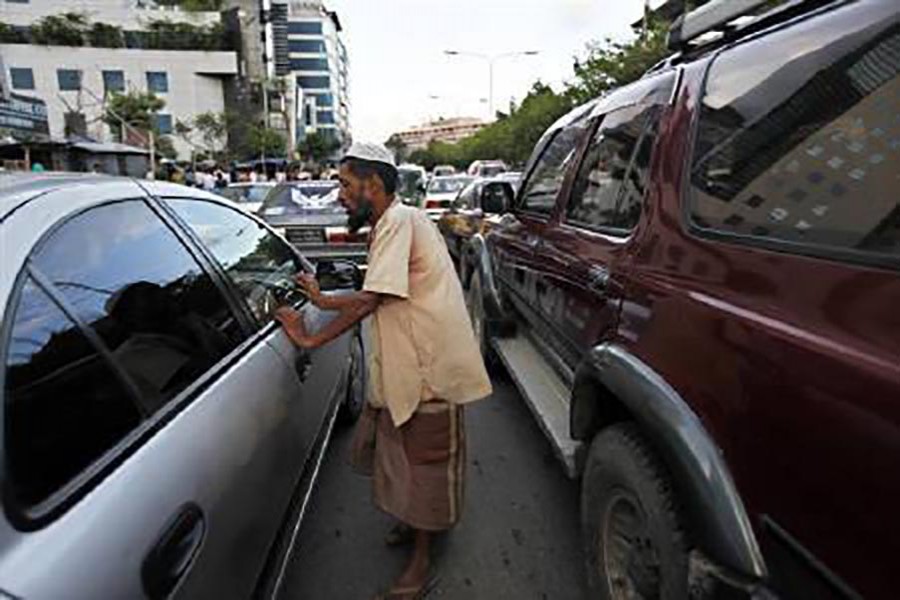BANGLADESH is a success story in terms of economic development as acclaimed at home and abroad. Averaging an economic growth of 6.0 per cent since 2003, which placed it among the top performers, poverty of the country came down to half between 1990 and 2010. While growth has led to some development because of higher agricultural productivity, garment exports and remittances, Bangladesh still has 37 million people living in poverty, with 21 million of those living in extreme poverty. It is also highly vulnerable to natural disasters such as floods and cyclones. Political factors had been one of the causes of slowing things down.
As the world becomes more ethically poised in its approach to economic development, and prepares for a crackdown on income inequalities among people, moral issues have come to the fore and laid bare the inherent weaknesses of growth dubbed development by state functionaries. It is essentially a process that makes poor people poorer and wealthy people wealthier. A formidable challenge therefore is on the cards, which is one of moral economics. In other words, economic indicators based on morality do not indicate encouraging results which is evident from widening inequalities between the rich and the poor as revealed by the results of Household Income and Expenditure Survey 2016 of Bangladesh Bureau of Statistics (BBS). The report shows that income of 5.0 per cent of the lowest income group is declining while higher income groups are swelling and the poor remains deprived of the benefits of economic growth.
Combating these adversities is closely linked with sustainable eradication of poverty. Statistics shows poverty is declining at a rate of 1.4 per cent while population is rising at 1.6 per cent. Neutral research studies have also established that poverty reduction could not be established on a sustainable foundation. Some again are of the view that human poverty has exceeded income poverty that needs to be urgently addressed particularly from ethical economic point of view.
About 66 per cent of our population is under demographic dividend and majority of them are youths aged between 18 and 40 years. Many of them are highly educated and looking for suitable employment. Since employment in both public and private sectors is highly competitive and opportunities are limited, opportunity of self-employment could be an alternative depending on a helping environment. If it is not there additional support in the form of funding through banks and financial institutions and entrepreneurship training are to be provided. The main focus of such trainings should be on production oriented sectors.
Justice cannot be established without good governance which is a precondition for development. Development loses its significance if it does not impact upon the well-being of the people. If the government fails to undertake effective steps to exercise good governance and if corruption is allowed to spread, a large segment of the country's population would slide downwards.
The foremost requirement for governance is effective enforcement of law. If violators of law are awarded exemplary punishment, others would learn from it and morality will take its roots. Therefore, to take up the challenges, morality should be prioritised over other considerations. If we want to graduate to an IT-based middle income country by 2021 and bring down the rate of poverty to 13.5 per cent, the above-mentioned challenges should be tackled effectively through good governance which will eventually keep corruption away and make development meaningful. The SDGs require us to bring down the rate of extreme poverty to 3.0 per cent and raise economic growth to 8.5 per cent. All these can be achieved if all development initiatives by public and private sectors can maintain a sustainable moral and ethical standard.


